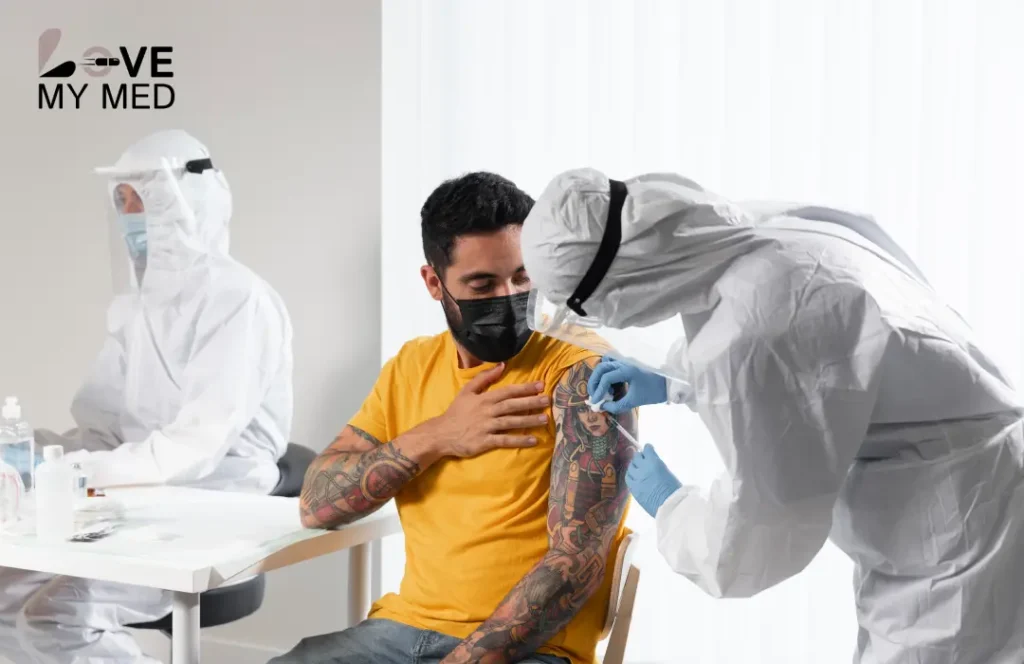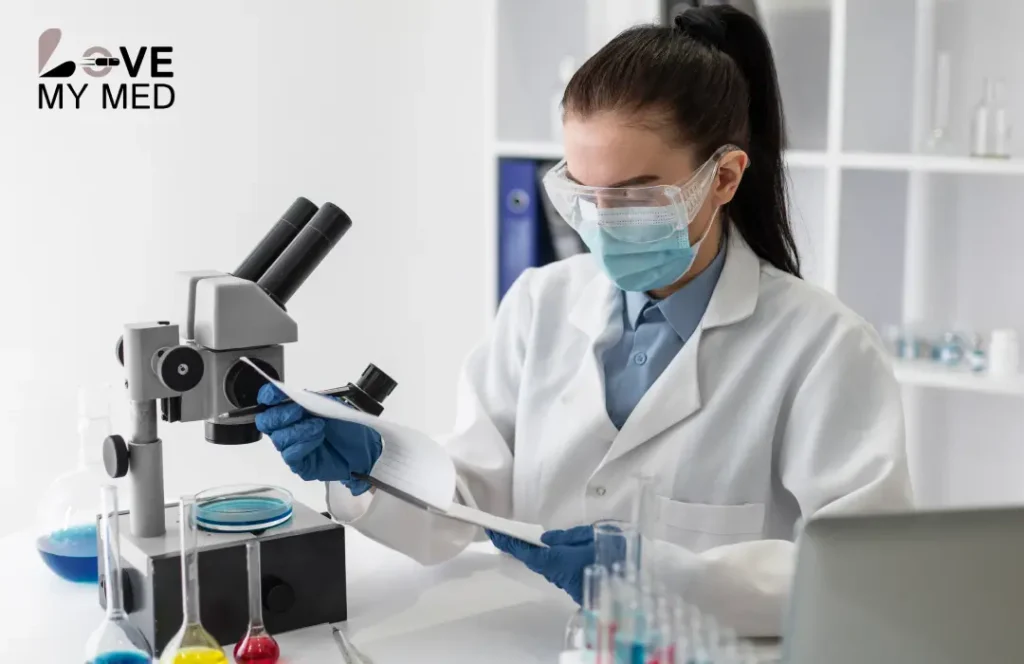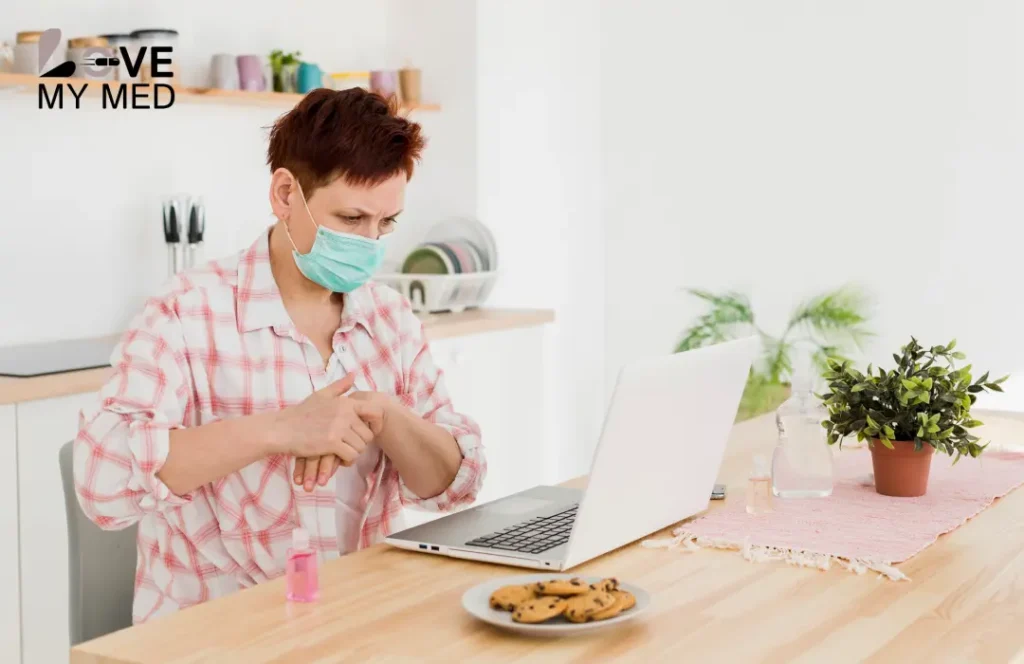Infections Caused by Worms: What Can Be Done to Fight Them?
The worm infection is a widespread health issue that a good number of individuals experience, especially in places with poor sanitation or hygiene practices. Being infected by parasitic worms these infections are possible to provoke various symptoms and complications. There are forms of treatment, and fortunately, these infections can be controlled with proper prevention precautions. This paper is going to examine worm infections more critically, their causes, symptoms, treatment methods, and prevention of worm infections.
What are Worm Infestations?
Worm infestation comes about as a result of the infestation of the body by parasitic worms, better known as intestinal parasites. They are worms that reside in the digestive system, and they may bring a lot of health risks. Worms affecting humans are of various forms, and some of them include the roundworms, tapeworms, hookworms, and the pinworm.
The parasites may be spread by contaminated food, water, or through contact with infected soil. Lack of hygiene, especially failure to wash hands after visiting the washroom, contact with food, or touching contaminated hands, surfaces, are some of the major causes of worm infection.
What are the Symptoms of Worm Infections?
The symptoms of worm infections may be different with different worms and on a case-by-case basis of infestation. The common symptoms are:
- Abdominal pain: These may be mild pains to serious cramping.
- Diarrhea or constipation: Some worms result in diarrhea, and others can result in constipation.
- Nausea and vomiting: These are some of the common symptoms of severe cases.
- Fatigue: Worms tend to make you feel weak and fatigued.
- Itching around the anus: This is especially common with pinworms.
- Visible worms in stool: In some cases, you may notice worms or segments of worms in your stool.
Once you experience one of them, you should contact a health expert to get the necessary diagnosis and therapeutic measures.
What are the Causes of Worm Infections?
Worm infections are caused by the ingestion of worm eggs or larvae. In contaminated food, water, and soil, these can be found. The most common causes include:
- Contaminated food or water: There are food-borne diseases that include tapeworm passed on in raw or undercooked meat, usually pork or beef. Water drinking may give rise those worms such as the hookworms and roundworms.
- Poor hygiene: This happens when you forget to wash your hands after going to the toilet or before you take your food. This may lead to worm eggs getting into your body.
- Contact with infected soil: Certain worms, like hookworms, can come into contact with and penetrate the skin when you come into contact with infected soil, especially when you are walking barefoot.
- Close contact with an infected person: Certain worms, such as pinworms, may be passed between people, especially between children.
Hygiene will limit your chances of getting a worm infection by ensuring that you prevent contact with unclean food and water.
How Are Worm Infections Diagnosed?
The diagnosis of the worm infection requires a visit to your medical expert; he will make inquiries about your history and any possible exposures. Such means of diagnosis as:
- Stool samples: Your doctor might require you to give some stool samples to see whether there are worm eggs or larvae.
- Blood tests: Hookworms are some of the worms that can be identified using blood tests.
- Physical examination: Your doctor can also conduct a physical examination to detect the presence of infection, say, abdominal tenderness.
When the infection is detected, your physician will prescribe the right treatment.
What Types of Intestinal Worms Can Humans Contract?
Humans can contract a variety of intestinal worms. Some of the most common types include:
- Roundworms (Ascaris): These worms are up to 12 inches long and bring about symptoms such as abdominal swelling, abdominal pain, and diarrhea.
- Tapeworms: The tapeworm is a flatworm that can reach 30 feet in length.
- Hookworms: These are tiny worms that latch on to the small bowel and lick blood, causing anemia together with exhaustion.
- Pinworms: These are small worms that cause itching of the anus, typically at night, and are common in children.
- Whipworms: Whipworms result in aching, diarrhea, and hemorrhage of the rectum.
There is a direct relationship between the different kinds of worms and their type of treatment; hence, diagnosing the type of worm infection is key.
How Can You Tell if You Have Worms?
Worm infections are also preventable by early diagnosis of problems. You might have a worm infection; needless to say, if you experience any of the mentioned signs:
- Pain or discomfort in the abdomen.
- Weak appetite or loss of unwarranted weight..
- Itching around the anus, particularly at night.
- You can see worms in your stool or your anus.
- Persistent diarrhea or constipation.
- Weakness and lack of energy that has no other cause.
Please visit your healthcare provider in case you have any of these symptoms so that he/she can help to ascertain whether the problem is due to worm infection.
What Are the Symptoms of Intestinal Worms?
The intestinal worm’s symptoms are, in most cases, similar to other digestive disorders. Typical symptoms are:
- Pain and bloating of the abdomen
- Nausea and vomiting
- Diarrhea or constipation
- An itchy anus (in children)
- Loss of appetite
- Exhaustion and tiredness
One should go in and check for worm infestations in case these symptoms persist.
What Is the Treatment for Intestinal Parasites?
The treatment for intestinal worms typically involves medication that kills or removes the parasites. Common medications include:
- Mebendazole 500 and Wormentel 500: These are some of the common drugs that have been used to treat various types of worm infections. Their mode of action is the prevention of glucose absorption by the worms, causing their death.
- Mebex 100: It is another drug that is administered in the treatment of intestinal worms, especially for the treatment of pinworm infection..
- Wormentel 222: Employed in the treatment of certain species of intestinal worms, and particularly in children.
The dose prescribed will be based on the kind of worm infection a person has and how serious their case is.
Can These Infections Be Prevented?
Yes, worm infections can be prevented with a few simple steps:
- Hands should also be washed after going to the bathroom, as well as before meals.
- Overcook meat, in particular pork and beef, to ensure that larvae of worms are destroyed.
- Clean, filtered water is to be consumed to prevent contamination.
- Do not walk around in places where there can be hookworms barefoot.
- Before consuming fruits and vegetables, wash them.
By following these precautions, you can significantly reduce the risk of contracting a worm infection.
Living With Worm Infections
How Do I Take Care of Myself?
In the case of a worm infection, there is every need to adhere to the treatment regimen provided by the doctor. Follow prescribed medication, keep good hygiene, and follow up with a doctor in case the symptoms do not stop.
When Should I See My Healthcare Provider?
In case of any persistent abdominal pain, diarrhea, or anal itching, you must contact your healthcare provider. It is also crucial to go to the doctor when the symptoms do not get better after the over-the-counter therapies.
When Should I Go to the ER?
You may have a more serious infection in case you have severe stomach pain, act of vomiting, or dehydration. When this is the case, one should go to the emergency room.
Final Thoughts
The worm infection is widespread, but it is easily treated and prevented with the help of appropriate treatment and precautions. Always maintain good hygiene, consume well-cooked food, and take drugs when they are required. You should consider your healthcare provider in case you suspect a worm infection to help you with the right diagnosis and a treatment plan.
FAQs
1. Can I treat worm infections with over-the-counter medications?
Over-the-counter medications may also treat mild forms of infection. Nonetheless, a more intense infection needs prescription drugs.
2. How long does it take for treatment to work?
Depending on the kind of worm and the severity of infection, treatment can last some days, but most do not display results in a few days.
3. Are worm infections contagious?
Well, there is a chance of transmission of certain varieties of worms, such as pinworms, between people, particularly among children.
4. Can I prevent worm infections with proper hygiene?
Yeah, hand washing is one of the precautionary measures, as well as not eating or drinking dirty food or water.





